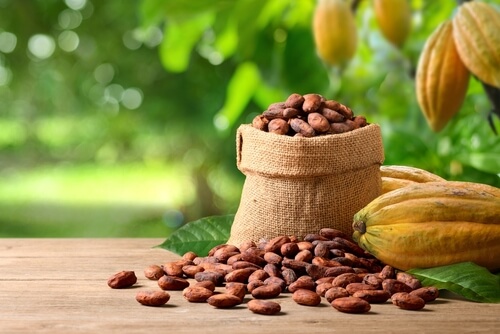On Wednesday, cocoa prices plunged after a liquidity crunch forced traders and speculators to postpone bean procurements from West Africa.
US cocoa July futures retreated 10.76% to $8,284.00 per metric ton (MT) on May 01, marking the worst two-day slide on record. Industry watchers predict the decline will continue with a 3.31% drop to $8,010.00 per MT in the following market session.
The soft commodity’s prices deteriorated shortly after hitting an all-time high above the $12,000.00 resistance level last month. It shed 22.79% in the first three days of this week, following a loss of 9.67% in the preceding period.
In addition, traders fear that supply constraints in Ghana and the Ivory Coast will make them unable to deliver on future contract commitments. Commodity specialists said falling demand amid a supply shortage increases volatility, worsening market uncertainty and creating a vicious cycle.
Abnormally heavy rainfalls in West Africa propagated the spread of black pod disease, which causes cacao pods to rot. Thus, the International Cocoa Organization increased its forecasted deficit for the 2023/24 season from 74.00 MMT to 374.00 MMT.
Lastly, insufficient sales lead to a lack of funds, preventing farmers from investing in land to expand yield. It also forces smaller farms to switch to more resilient crops, further tightening the global cocoa supply.
West Africa Struggles with Plummeting Cocoa Demand
West Africa, the world’s biggest cocoa-producing region, is now facing a crisis due to falling demand for its major produce. This situation underscores the global impact of the downturn, affecting not just traders but also the economies of cacao-farming regions.
According to market experts, many traders will delay acquisitions until the next season, hoping prices will settle by then. Unfortunately, the postponements may lead to unpaid farmers, forcing farms to downscale operations to mitigate expenses.
The Ivory Coast and Ghana, which produce over half of the global cocoa supply, normally sell half of their crop before the harvest season. With clients holding off on making forward purchases, farmers may fail to sustain their farms, further shrinking the supply.











